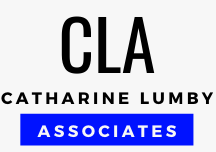What was the challenge?
The National Rugby League employed Catharine Lumby as a consultant after a series of
allegations that players had harassed and even assaulted women in off-field incidents. They wanted advice from an expert about what to do to ensure a culture of respect for women.
What did we do?
We started by conducting research into the existing culture using interviews and surveys
with players and others across the League to find out the extent of the problem. We used
this research to custom design best practice education programs for players. We based the
programs in real world scenarios which we drew from our research.
We brought the players together in groups to discuss how they’d manage scenarios involving socialising, alcohol and negotiating consent. We gave them an opportunity to debate and game different approaches to ensuring that a good night out did not turn bad for others or themselves.
We got them thinking about what care for self and care for others looks like in practice and what was at stake for them if they crossed the line. We repeated the education on an annual basis and refreshed it to incorporate emergent challenges, including the increasing use of social media to communicate and share images and private behaviour.
What was the outcome?
Over the past decade the incidence of adverse player behaviour has dropped substantially,
documented both by the cases dealt with by the NRL Integrity Unit and by further research
conducted by Catharine Lumby and her team.
Despite ongoing incidents which reflect broader adverse social attitudes and behaviours towards women, there is very good evidence that the wider group of players are committed to behaving ethically in off-field environments.
The NRL is now known in Australian sport and internationally (as recognised by invitations by the US National Football League) as a leader in research and education in preventing anti-social and violent behaviour towards women.
